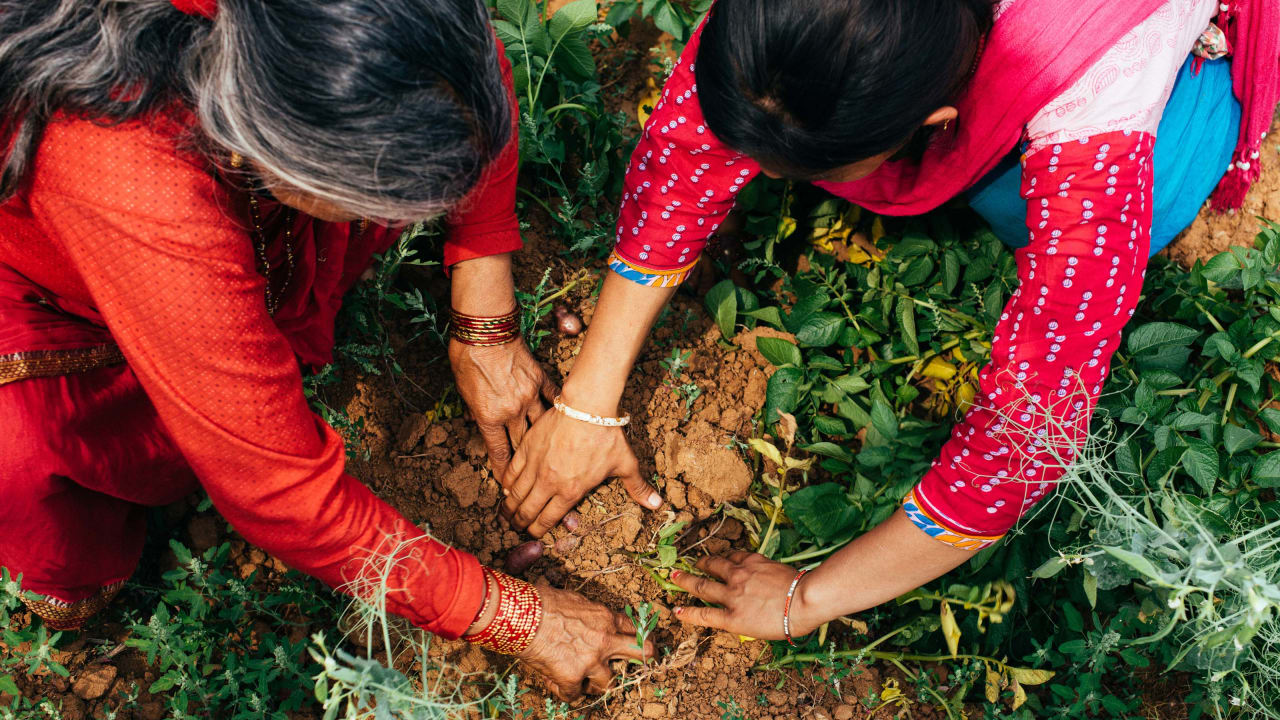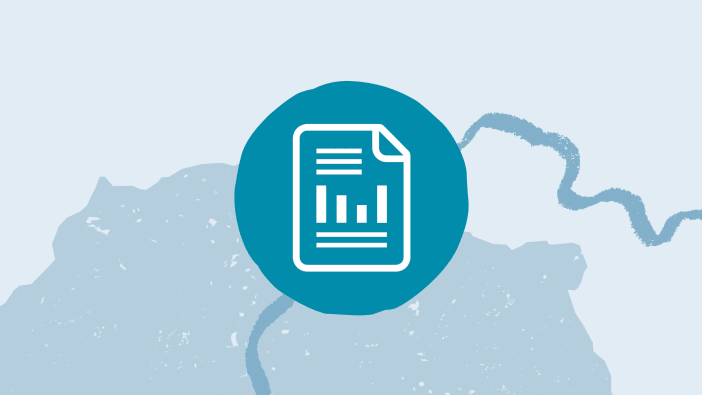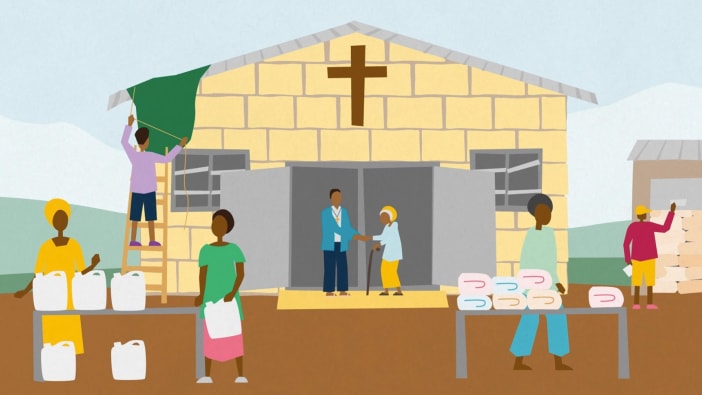The scale of the global church means that it has the potential to be one of the largest actors in increasing disaster resilience.
‘When the drought hit our community in Zimbabwe in 2015 and 2016, we thought dependency on handouts was our only way out. However, with the advent of these new Bible studies we have realised that, despite the drought, God has already provided us with many resources that we can use to prepare for and overcome the drought.’
Taken from a case study of the work of the Evangelical Fellowship of Zimbabwe, this quote illustrates the positive impact that local churches can make in vulnerable communities. However it is important to consider whether such examples are isolated or indicative of a broader picture.
This working paper shares our findings so far, with the intention of gauging interest, getting feedback and encouraging engagement between stakeholders.
It is part of an ongoing Tearfund programme of research and discussion on the role of churches in resilience and disaster risk reduction (DRR) which aims to:
- highlight what is already known on the subject of preparedness and resilience
- generate discussion and commitment from peer agencies
- encourage greater engagement from churches in DRR and wider collaborations with other aid and development organisations
- mobilise the local church to consider itself a key actor in DRR and resilience







